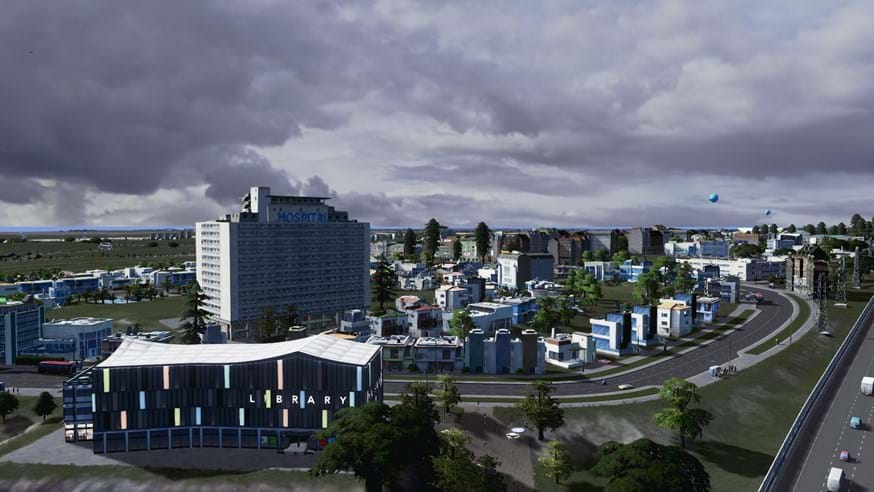Lancaster University scientists have developed new mapping technology that uses popular city-building games to engage the public in urban planning. The innovative approach could transform how future cities are designed and built.
A study published today in Acta Ludologica reveals how researchers modified the game “Cities: Skylines” to import real-world buildings and create realistic urban simulations. Players can manage everything from zoning and public services to transportation and tax policies.
Gaming as a Planning Tool
According to the Royal Town Planning Institute, only 20% of young people show interest in urban planning. The researchers believe game-based approaches could change that by allowing the public to “play” with real-world planning policies.
Dr. Paul Cureton and Professor Paul Coulton from Lancaster University’s ImaginationLancaster lab conducted the research. They argue that current 3D planning models and urban digital twins miss opportunities to fully engage citizens.
“Whilst games and game playing are often dismissed as trivial or problematic they can serve as powerful tools in delivering information and understanding of how systems operate in a manner that can the lead to real world engagement in processes which previously seemed opaque,” says Professor Coulton.
Testing the Concept
The team has already tested their method in workshops with Lancaster City Council. 140 children used the game to plan a new 5,000-home garden village development.
Dr. Cureton explains the potential impact: “Only 20% of 18-34-year-olds engaging in local plans, according to the Royal Town Planning Institute (2020). So few engage in how our spaces are being transformed, so there is space for gaming in this field to provide and help the public think like planners, play issues and use gaming tools for modelling future spaces.”
The researchers say their game-based approach is cost-effective and could be implemented by any local authority in the UK. They believe it offers a more enjoyable way to boost citizen engagement in planning processes.
While gaming technology has been used in urban planning before, this new method incorporates elements like game mechanics, dynamics, and flow. The researchers argue this creates a more immersive and effective tool for public participation in shaping future cities.
As governments seek to address housing shortages and stimulate economic growth, planners will need new tools to engage the public. With typical planning consultations seeing response rates as low as 1-3%, game-based approaches could be key to increasing participation and creating better urban environments for all.


